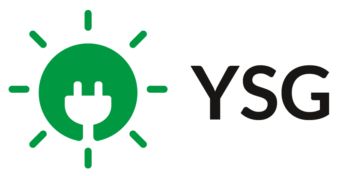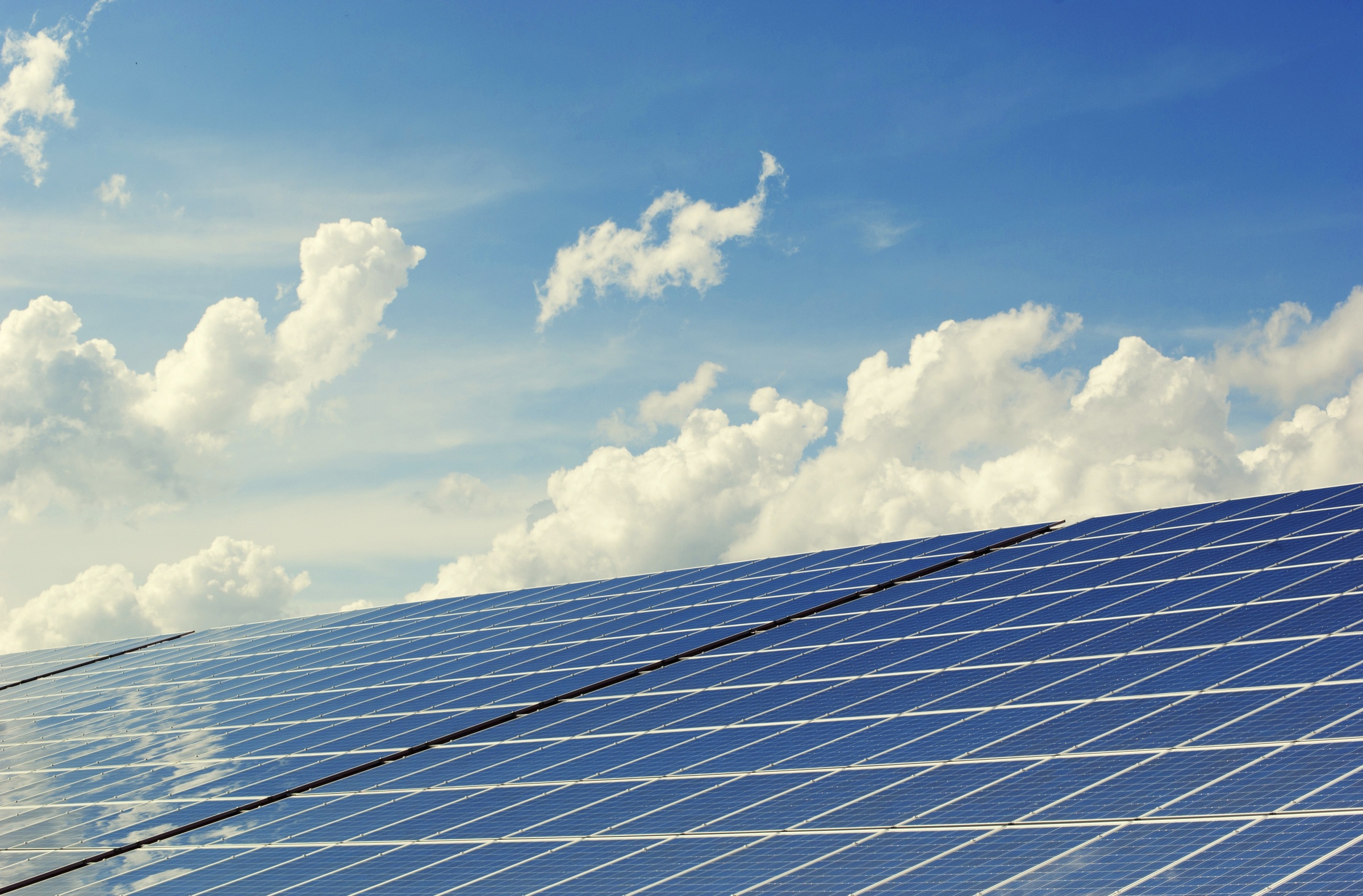Stay up to date on the newest renewable energy terminology with our clean tech term dictionary!
Community Shared Solar/Community Distributed Generation/Community Solar Gardens: Many households are not able to install solar panels for various reasons including shaded roofs or limited space. Community shared solar gives these households access to solar power by allowing multiple households to receive power from a solar facility. Examples of community solar are community distributed generation and community solar gardens. Distributed generation is when electricity is generated from renewable energy sources, near the point of use instead of centralized generation sources from power plants. A community solar garden is a centrally-located solar photovoltaic (PV) systems that provide electricity to participating subscribers.
Remote Net Metering/Aggregated Net Metering: When net metering credits are applied to electric utility accounts other than the host customers on-site utility account.
CCA (Community Choice Aggregation): An alternative to the investor-owned utility energy supply system in which local entities in the United States combine the buying power of individual customers within a defined jurisdiction in order to secure alternative energy supply contracts. The CCA chooses the power generation source on behalf of the consumers. By aggregating purchasing power, they are able to create large contracts with generators, something individual buyers may be unable to do. The main goals of CCAs have been to either lower costs for consumers or to allow consumers greater control of their energy mix, mainly by offering "greener" generation portfolios than local utilities.
EDC (Electric Distribution Companies): An Electric Distribution Company (EDC) is the company for a given service area that transmits and delivers the electricity to a customer's home or business along the poles and wires in that area. This company is responsible for maintenance and repair of these poles, wires, and meters for a given area.
LSE (Load Service Entities): Also known as electric or utility company. Secures energy and transmission service to serve the electrical demand and energy requirements of its end-use customers.
Virtual Power Plant: A virtual power plant is a system that integrates several types of power sources to give a reliable overall power supply. The sources can include small-scale wind power plants (WPP)s, photovoltaics (PVs), run-of-river hydroelectricity plants, small hydro, biomass, backup gensets, and energy storage systems (ESS). This system has benefits such as the ability to deliver peak load electricity or load-following power generation on short notice. A VPP can replace a conventional power plant while providing higher efficiency and more flexibility. More flexibility allows the system to react better to fluctuations, but whose complexity requires complicated optimization, control, and secure communications.
DER (Distributed energy resources): Distributed energy resources (DERs) are electricity-producing resources or controllable loads that are directly connected to a local distribution system or connected to a host facility within the local distribution system.
DSM Advanced Solar: The flagship product from DSM Advanced Solar is an Anti-Reflective coating for solar glass that delivers a 3% power gain compared to non-coated glass. Their goal is to create coatings that lower the Levelized Cost of Energy (LCOE) of solar modules and ultimately help ensure clean solar energy for all.
Micro-Grid Configurations: The U.S. Department of Energy Microgrid Exchange Group defines a microgrid as a group of interconnected loads and distributed energy resources (DERs) within clearly defined electrical boundaries that acts as a single controllable entity with respect to the grid. A microgrid can connect and disconnect from the grid to enable it to operate in both connected or island-mode.
For more information on switching to solar, contact us or call us at 516.855.7283 today!
Follow us on Twitter and Instagram @ysgsolar

